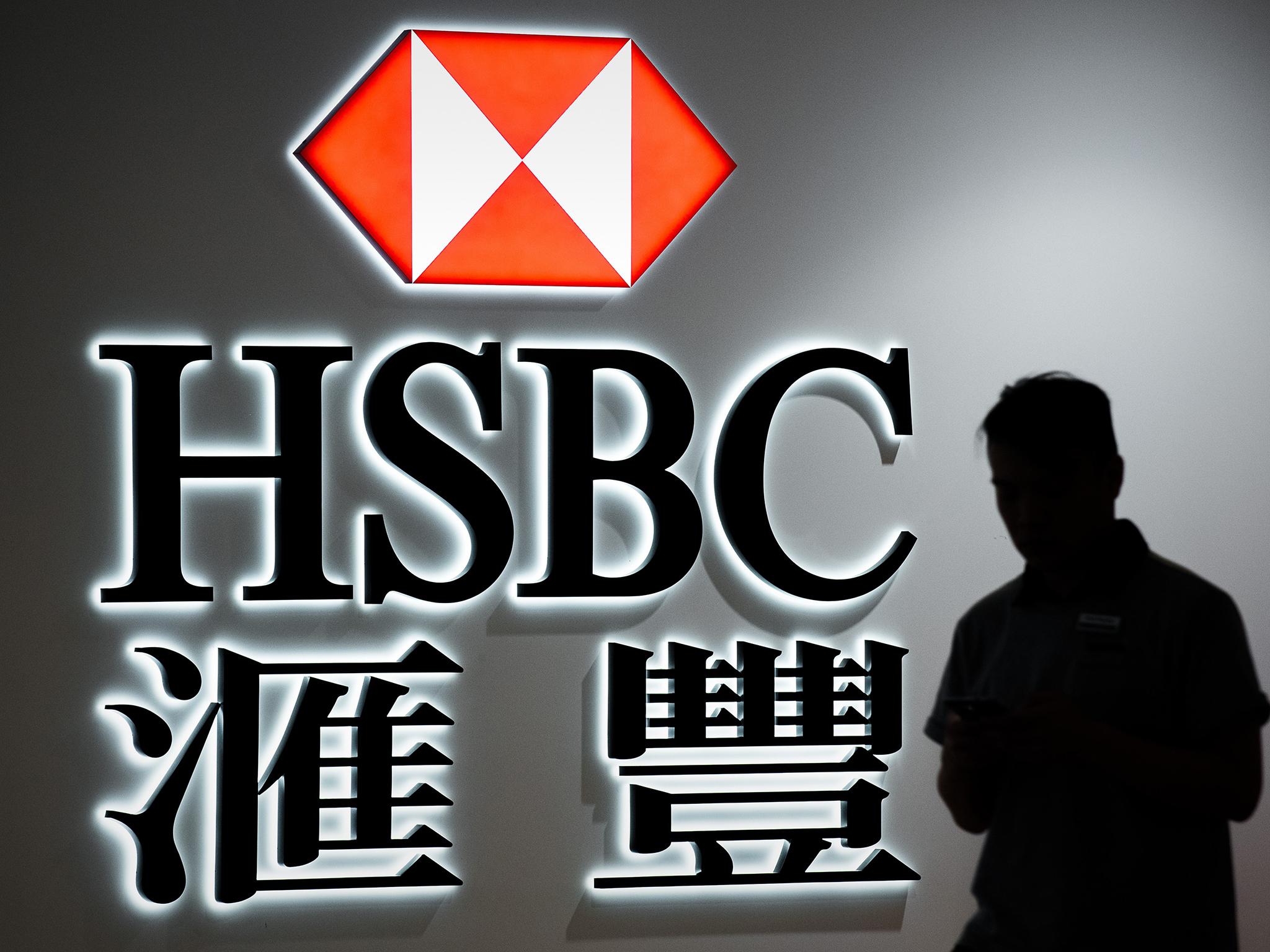HSBC: Who cares about money laundering when the City's thrilled
Third quarter profits are soaring but the bank is struggling to shake off scandal

Your support helps us to tell the story
From reproductive rights to climate change to Big Tech, The Independent is on the ground when the story is developing. Whether it's investigating the financials of Elon Musk's pro-Trump PAC or producing our latest documentary, 'The A Word', which shines a light on the American women fighting for reproductive rights, we know how important it is to parse out the facts from the messaging.
At such a critical moment in US history, we need reporters on the ground. Your donation allows us to keep sending journalists to speak to both sides of the story.
The Independent is trusted by Americans across the entire political spectrum. And unlike many other quality news outlets, we choose not to lock Americans out of our reporting and analysis with paywalls. We believe quality journalism should be available to everyone, paid for by those who can afford it.
Your support makes all the difference.With its third-quarter profits surging by 450 per cent – no you didn’t misread that – HSBC looks like a peerless moneymaking machine.
Unveiling the bank’s latest set of numbers, outgoing chief executive Stuart Gulliver hailed his “pivot towards Asia” declaring that it is “yielding results”. And how.
With his work almost done, the foremost evangelist for China’s Pearl River Delta will be off to heaven in a golden chariot. His successor John Flint will, meanwhile, inherit a bank that should keep him in bonuses for as long as he cares to stick around in the chief exec’s office.
With costs on the way down, revenues, profits, and dividends, all on the way up, and the City’s expectations duly met, what’s there for him not to like?
Plenty for those who care to look at the darker side of this institution’s Janus face. Money-laundering casts a shadow that is long and dark, partially eclipsing even the light reflected from that Delta Mr Gulliver drools over whenever he’s given half a chance.
The City likes to ignore it (surprise, surprise). It was scarcely mentioned in any of the analyst notes opining on the results. But the problem is very much still with it. It first became evident in 2012. The bank was hit with a record fine of $1.9bn (£1.44bn) by US authorities it emerged that its subsidiary in Mexico had become a favourite of that country’s drug lords.
You only need to look at the Financial Conduct Authority’s interest in concerns raised by Lord Hain, who earlier this month said the bank may have “inadvertently” been a conduit for laundered South African money, to see that.
It isn’t that the bank hasn’t been making attempts to deal with the problem. From the macro perspective it brought an end to its habit of flag-planting some time ago. No longer do the bank’s bigwigs fly around the world looking for acquisition targets in countries where its logo isn’t to be found. All very sensible given the problems some of those acquisitions have caused the business.
Less laudable is what has been happening at the micro level, to the individuals, organisations and businesses falling afoul of attempts to tackle the problem that appear heavy handed, and not at all smart.
Back in 2014, for example, HSBC caused a huge fuss, and generated a lot of ill will, through closing the accounts of Muslim organisations including any belonging to the reformed Finsbury Park Mosque.
More recently, hundreds of perfectly respectable small companies have found their businesses stymied by dint of their accounts being frozen. You didn’t provide us the information we requested in time, the bank said, wagging its finger at the naughty children, or you didn’t supply us with what we wanted.
Apparently it is investing in know-your-customer systems and has set up a dedicated helpline. There’s been a cut-and-paste apology for any inconvenience caused, which must make those affected feel so much better.
There are those who would argue that the bank is in an invidious position, that it doesn’t have any choice but to act this way if it is to meet the demands of its regulators and avoid further penalties.
There may be some truth in that, but it isn’t the whole truth. There is still a debate to be had over whether HSBC could have invested more time, energy, and especially more money, in better handling the situation it faces.
But look. The Pearl River Delta is flying. Profits are up, up, up. Costs are down, down, down. Chuck this one into the small print and let’s move on to the next quarter. The City’s happy. That’s the main thing.
Join our commenting forum
Join thought-provoking conversations, follow other Independent readers and see their replies
Comments